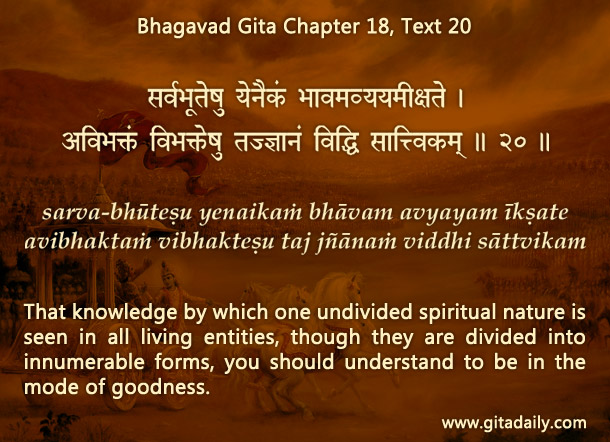The differences between various faith-traditions are often obvious, sometimes glaringly self-evident. Some traditions worship deities, others condemn such worship as idolatry. Some traditions forbid drinking wine, others include wine in their sacraments.
Such differences become problems when followers of faith-traditions come to think that the particular practices of their tradition are their tradition’s essence. This fixation on externals negatively affects their vision of those who practice something different: such outsiders are seen as misled or even misleading.
What makes problems worse is that almost every tradition has pejorative labels for outsiders such as pagans, kafirs or mlecchas. While using such labeling, their original purpose is often forgotten: it was not usually to shame or blame others, but to increase the commitment of followers to their own practices.
What makes problems the worst is when power-hungry elements within various traditions weaponize such designations to denigrate, dehumanize and demonize outsiders, thus fomenting intolerance.
How can such intolerance be avoided? By helping followers of various faith-traditions to see beyond labels; to emphasize to them that the essence of their tradition is not its practices, but the experience of the Divine that those practices are meant to promote. And saintly people across various traditions have had experiences of the Divine. While the content of such experiences may be variable, their effect is often consistently similar: attachment to all divine things centered on God and detachment from all mundane things disconnected from God.
What would happen if followers of various traditions were made familiar with these twin truths: transcendental experiences are the essence of their tradition; and such experiences have been relished by the saintly in other traditions too. Knowing these truths will inspire them to become much more open in their communication with outsiders. By such open-minded communication, they will increasingly appreciate the innate humanity and the latent spirituality of those in other traditions, as the Bhagavad-gita (18.20) indicates. As they focus on the shared humanity and spirituality of everyone, tolerance will be a natural result.
One-sentence summary:
The differences between traditions don’t automatically foment intolerance — the weaponization of the labels used to highlight those differences does.
Think it over:
- When do the differences among various faith-traditions foster intolerance?
- How can tolerance be fostered?
- Among the faith-traditions you know, have you noticed any jarring differences? How can you take your vision beyond these differences?
***
18.20: That knowledge by which one undivided spiritual nature is seen in all living entities, though they are divided into innumerable forms, you should understand to be in the mode of goodness.
To know more about this verse, please click on the image


Leave A Comment